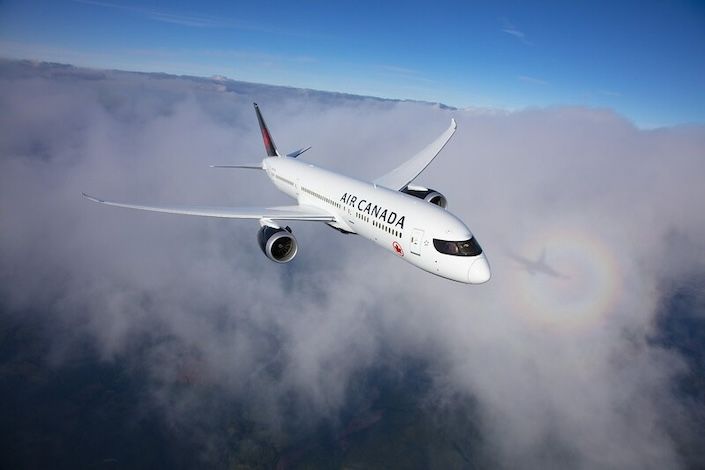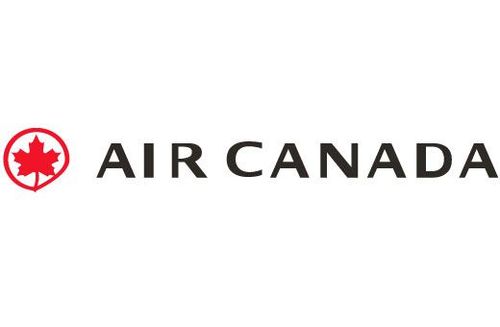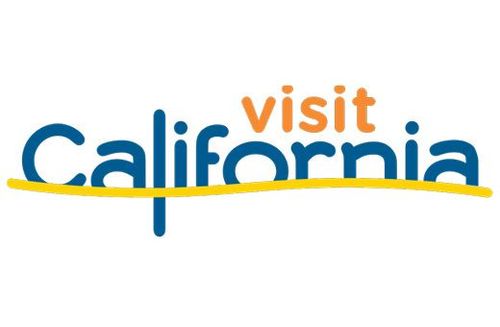Where travel agents earn, learn and save!
News / “It was not an audit of the safe operation of Canadian aircraft”: Air Canada on ICAO
“It is important to note it was not an audit of the safe operation of Canadian aircraft”

Air Canada is speaking out after the release of a draft of an audit by the International Civil Aviation Organization (ICAO) of Transport Canada’s implementation of ICAO’s standards.
“It is important to note it was not an audit of the safe operation of Canadian aircraft.
For Air Canada’s part, we have our own rigid internal safety processes. These are evaluated and audited regularly by the International Air Transport Association, the global airline association consisting of 300 members. The IATA Operational Safety Audit (IOSA) is the gold standard for evaluating safety for airlines and passing it is a condition of membership,” said Air Canada in a statement.
Air Canada added: “Our most recent IOSA audit was concluded in November and Air Canada passed with exemplary findings, well above the average. Additionally, we continually engage with other aviation organizations and authorities around the world to promote safety and to share best safety practices.”
“Among The Safest In The World”
As reported by news wire service The Canadian Press, Canada has received a C grade on flight safety oversight – down from an A+ almost two decades ago and far below most of its peers – according to a draft report from a United Nations agency.
The confidential audit from the ICAO obtained by The Canadian Press says the country has fallen precipitously to a score of 64 out of 100, with three areas of safety oversight in particular seeing a big drop-off: aircraft operations, airports and air navigation.
Canada’s score topped 95% in the UN body’s previous report in 2005, according to CP.
The UN body recommended that the federal government establish a system to lock in full regulatory compliance by airlines and airports, shore up certification related to dangerous goods and ensure proper training and fatigue management for air traffic controllers.
A shortage of the latter and a trend toward off-loading safety responsibilities from government to industry remain concerns across the continent, said Ross Aimer, CEO of California-based Aero Consulting Experts.
“Every other day you hear there’s what we call a near miss. I don’t like that term ‘near miss’; I would like to call it a near collision,” Aimer said.
In September, two Air Canada planes brushed each other on the ground at the Vancouver airport, tearing off parts of their wingtips in a low-speed collision.
In March, an air traffic controller cleared an Air Canada Rouge plane for takeoff from Sarasota, just as an American Airlines jet made its final approach on the same runway, prompting the American pilot to pull up abruptly – one of a half-dozen incidents of conflicting runway use the U.S. National Transportation Safety Board was investigating at the time.
However, the Canadian government stressed that the UN report was not a measure of the country’s safety performance and that it did not note any issues requiring immediate action.
“ICAO has not identified any significant safety concerns with Canada’s civil aviation system, and we know our country’s air sector is among the safest in the world,” said Laura Scaffidi, a spokeswoman for Transport Minister Pablo Rodriguez.
University of Manitoba transport institute director Barry Prentice said Canada’s flight safety record speaks for itself, with plane accident deaths down in recent years and no major commercial airline crashes in decades.
“What are the results? I haven’t seen much in the nature of safety problems in the airline industry for some time,” he said. “That’s an indication the system is working well.”
Last year, the number of air transportation accidents declined 43% to 165 – a new 10-year low – from 291 in 2012, according to the Transportation Safety Board of Canada.
“Transport Canada is confident in the safety of Canada’s aviation system, and the department will welcome the opportunity to further improve our processes and framework to better align with ICAO (standards and practices),” department spokesman Hicham Ayoun said in an email.
The government had until October 30 to respond to the agency’s draft audit, and a final report is expected in the coming weeks.
The report comes amid an ongoing dearth of aviation employees that include air traffic controllers, pilots and baggage handlers, adding to the challenges facing the sector after it was upended by the COVID-19 pandemic.
The total score measures a given country’s “safety oversight capability” based on the UN agency’s questionnaires, checklists and on-site visits to industry players, including Air Canada, Nav Canada and the Montreal airport.
Carried out between May 31 and June 14, the audit examines eight areas including legislation, licensing and accident investigations.
In those three categories, Canada notched scores between 67 and 83, though all were down by at least eight points from the previous safety audit.
It ranked below other G7 countries, except for the UK, in most categories, and also below a majority of the 38 states in the Organization for Economic Co-operation and Development, a club of economically developed countries.
Oversight of aircraft operations saw the biggest plunge, falling to a score of 23 from 88.
Aimer warned of governments’ delegating oversight duties to airlines and manufacturers rather than shouldering responsibility for checks and safeguards themselves.
“It’s almost like the fox guarding the henhouse. You can’t be promoting aviation and yet policing it at the same time,” he said.
The ICAO directed questions specific to Canada’s results to the government.
“The Universal Safety Oversight Audit Programme was created by state aviation regulators to help them prioritize their enhancements to their safety oversight abilities,” said agency spokesman William Raillant-Clark.
The agency has also agreed to carry out a new audit in 2025, “given the work Transport Canada has undertaken to be closer aligned with ICAO’s international standards,” the department said.
Source: Travelweek and The Canadian Press










